Mimi and Panda (2020)
Gênero : Documentário
Runtime : 5M
Director : Panda Shi Berman, Miriam Luc-Berman
Sinopse
For their joint Bat Mitzvahs, cousins Panda and Mimi made short films exploring what it means to them to be both Jewish and Chinese.

Ronit (Rachel Weisz) precisa voltar para sua cidade natal após a morte de seu pai distante - um rabino. Mas ela causa um rebuliço no pacato local ao recordar uma paixão proibida pela melhor amiga de infância, que atualmente é casada com seu primo.

Murray (Woody Allen) é um senhor de idade que, durante uma conversa sobre sexo, diz que conhece um gigolô. Ao saber o quanto poderia ganhar como cafetão, ele tenta convencer seu amigo, Fioravante (John Turturro), a entrar para o ramo. Só que ele é um pacato jardineiro e não quer se envolver em algo do tipo. Após muita insistência de Murray, Fioravanti topa fazer um programa com a doutora Parker (Sharon Stone), que está bastante insegura por ser a primeira vez que trai o marido. O sucesso do encontro faz com que a fama de Fioravanti corra entre as amigas da doutora, assim como ele mesmo passa a notar melhor as qualidades da nova profissão.

A universitária Danielle se depara com uma série de encontros constrangedores em uma shivá, um período de luto no judaísmo. Na presença de parentes autoritários, ela fica amedrontada pelo aparecimento de uma ex-namorada e de seu sugar daddy secreto, que chega inesperadamente com sua esposa e bebê.
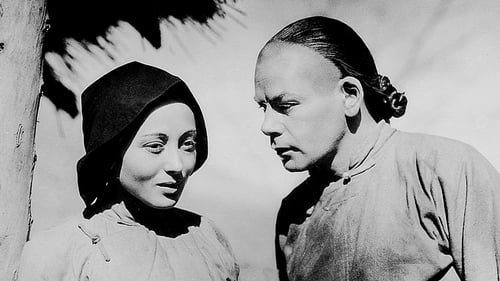
China, during the rule of the Qing Dynasty. The arranged marriage between Wang Lung, a humble farmer, and O-Lan, a domestic slave, will endure the many hardships of life over the years; but the temptations of a fragile prosperity will endanger their love and the survival of their entire family.
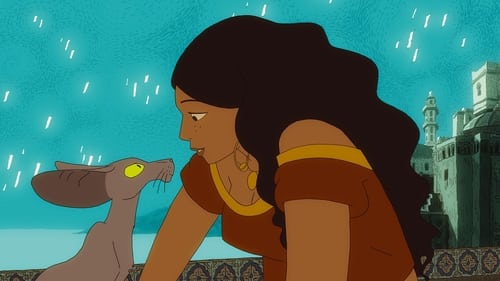
Argélia, 1920. Um rabino e sua filha têm um gato mimado. Um dia, o animal come um papagaio e começa a falar. Ele acaba se revelando mentiroso, imprudente e reflexivo. Além disso, insistirá em se tornar judeu, com direito a bar-mitzvah.
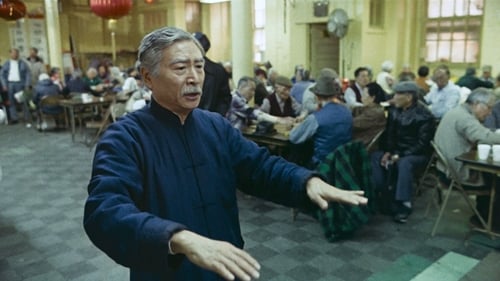
O Mestre Chu viveu toda a sua vida em Pequim,onde ensinava e estudava Tai-chi (uma arte marcial milenar). Ao sentir o peso da idade resolve ir viver com o seu filho para Nova Iorque. Quando chega aos Estados Unidos conhece um mundo bem diferente do que deixou para trás: uma língua que não conhece e costumes totalmente diferentes.
Martha, a sua nora, é escritora e está a tentar terminar o seu primeiro romance, sofre um bloqueio criativo devido à presença do sogro em sua casa.
Chu está a tentar adaptar-se à vida nos E.U.A., procurou emprego e tenta lidar com os novos costumes, mas quanto mais tenta integrar-se mais alienado se torna.
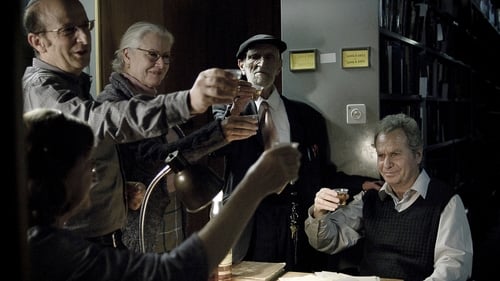
Pai e filho são professores de Talmude. O filho tem mais sucesso do que o pai, despertando a rivalidade entre ambos, fazendo com que o pai desdenhe os êxitos acadêmicos e intelectuais alcançados por ele. A relação piora quando um deles recebe prêmio.

17-year-old Jane begins to embrace her background and rekindle her relationship with her mother when she becomes immersed in Chinese culture at her younger sister's new language school.
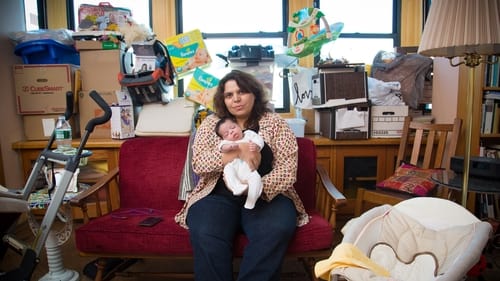
Seven months after helping her terminally ill mother during the end of her life in home-hospice, filmmaker Judith Helfand becomes a "new old" single mother at 50. Overnight, she's pushed to deal with her stuff: 63 boxes of her parent's heirlooms overwhelming her office-turned-future-baby's room, the weight her mother had begged her to lose, and the reality of being a half century older than her daughter.

Iron and Silk is a 1990 movie based on the eponymous book by American writer Mark Salzman. It details his journey to China after college to study Chinese wu shu, better known in the west as kung fu, and to teach English. Though not trained as an actor, Salzman starred as himself, as did Pan Qingfu, who claimed no one else could portray him on film. Salzman's experiences occurred in Changsha, Hunan, though the film was shot in Hangzhou, Zhejiang. (Wikipedia)

Lithuania, 1941, during World War II. Hundreds of thousands of texts on Jewish culture, stolen by the Germans, are gathered in Vilnius to be classified, either to be stored or to be destroyed. A group of Jewish scholars and writers, commissioned by the invaders to carry out the sorting operations, but reluctant to collaborate and determined to save their legacy, hide many books in the ghetto where they are confined. This is the epic story of the Paper Brigade.
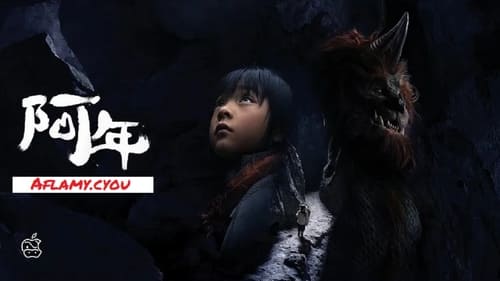
A Chinese New Year legend reimagined as a contemporary coming-of-age story.

Tucson, Arizona, September 1996. At the request of his son Martin, George Goldsmith tells him of his past in Nazi Germany as a member of a family of Jewish musicians and the strange history of the Jüdischer Kulturbund, a Jewish organization sponsored by Reichsminister Joseph Goebbels.

Picking up where "God Does Not Believe In Us Anymore" leaves off, Freddy struggles to find work after arriving in New York in 1940. His world of refugee acquaintances includes the depressed daughter of a poet/delicatessen owner, an aging surgeon who cannot find work, and a lovable charlatan photographer. Corti's trilogy continues with "Welcome in Vienna"

Shot over the course of ten years on both film and video, the film consists of a series of carefully composed tableaux of people and environments. Pedestrians shuffle across a bustling Beijing street, steelworkers linger outside a deserted factory, tourists laugh and scamper across a crowded beach, worshippers kneel to pray in a remote village. With a painterly eye for composition, Wang captures China as he sees it, calling to a temporary halt a land in a constant state of change.
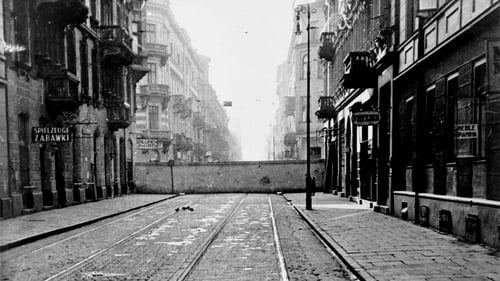
The history of the Warsaw Ghetto (1940-43) as seen from both sides of the wall, its legacy and its memory: new light on a tragic era of division, destruction and mass murder thanks to the testimony of survivors and the discovery of a ten-minute film shot by Polish amateur filmmaker Alfons Ziółkowski in 1941.

This film is a portrait of unique cultural space for Spirits, Gods and People. While permanent theatres are commonly built in most cosmopolitan modern cities, Hong Kong preserves a unique theatrical architecture, a Chinese tradition that has lasted more than a century - Bamboo Theatre.

From 1972 until 1974, Joris Ivens and Marceline Loridan, along with a Chinese film crew, documented the last days of the Cultural Revolution, marking the end of an era. The vast amount of footage they shot was edited into 14 films of varying lengths. Focusing on ordinary people spread over a wide geographic area—many of whom were living and working in collectives—the filmmakers recorded a unique moment in history, and also captured some of the more enduring aspects of Chinese culture.

A dog falls in love with Chinatown, but begins to believe he is on the menu.

This documentary introduces viewers to qigong, a 5,000-year-old method of cultivating and circulating the life energy called qi. It relates some of the history of qigong, as well as scientific evidence of efficacy. We also see qigong used in various contexts in modern China, and hear from Chinese doctors and qigong practitioners. The film was originally produced for the Public Broadcasting Service in the United States.















